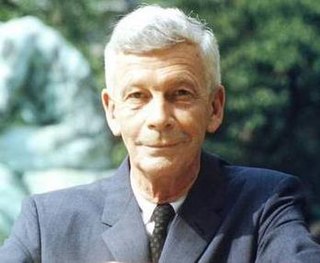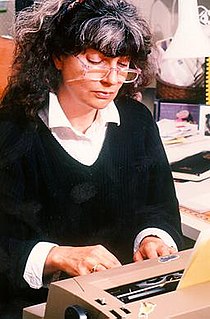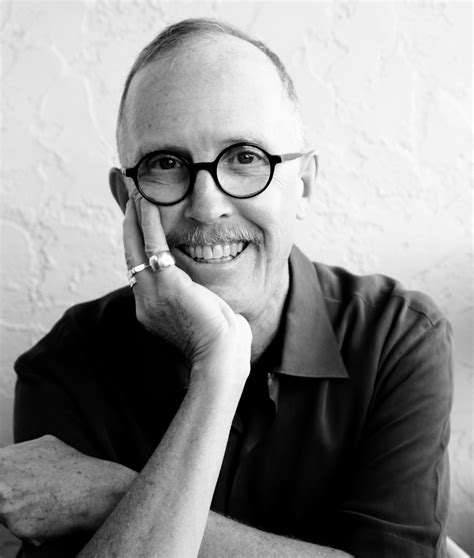A Quote by Mark Van Doren
The job of the poet is to render the world-to see it and report it without loss, without perversion. No poet ever talks about feelings. Only sentimental people do.
Related Quotes
The poet or the revolutionary is there to articulate the necessity, but until the people themselves apprehend it, nothing can happen ... Perhaps it can't be done without the poet, but it certainly can't be done without the people. The poet and the people get on generally very badly, and yet they need each other. The poet knows it sooner than the people do. The people usually know it after the poet is dead; but that's all right. The point is to get your work done, and your work is to change the world.
There is this tendency to think that if you could only find the magic way, then you could become a poet. "Tell me how to become a poet. Tell me what to do." . . . What makes you a poet is a gift for language, an ability to see into the heart of things, and an ability to deal with important unconscious material. When all these things come together, you're a poet. But there isn't one little gimmick that makes you a poet. There isn't any formula for it.
One of the appeals of William Carlos Williams to me is that he was many different kinds of poet. He tried out many different forms in his own way of, more or less, formlessness. He was also a poet who could be - he was a love poet, he was a poet of the natural order and he was also a political poet.






































